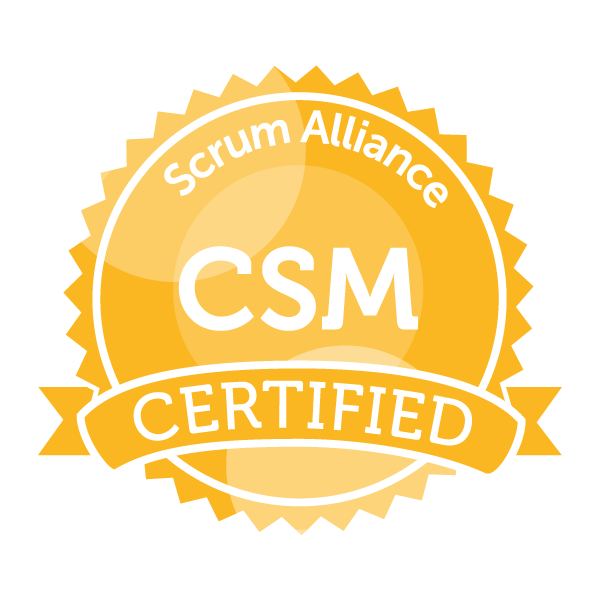The 15 Minute Meeting

Author: Matt Irving
Published: 5/13/2021
Reduce the length of meetings at work
No one gains anything from sitting in a 60-90 meeting. Most of us start to lose focus after the first 20 minutes or so and then by the hour mark, we are thinking about lunch or pondering which of our poor life decisions got us stuck in the meeting in the first place.
To maximize time and value of a meeting, it must be structured and concise. The Scrum framework has a process (aka ceremony) called the daily Scrum, which does just that. During these daily meetings, the Scrum Master (cool name for the person in charge of maintaining the Scrum process) meets with project team members to ask three questions:
 What did you do yesterday?
What will you do today?
Are there any impediments in your way?
What did you do yesterday?
What will you do today?
Are there any impediments in your way?
These questions are generally asked during projects, but ongoing operations stand to benefit a great deal by incorporating these as well.
Let us look at the power of each of these questions.
Q1: What did you do yesterday?
This is a simple yet powerful question. You are asking a person to summarize all that they have accomplished during their previous work shift. If they struggle to tell you what accomplished, this could be a sign of overallocation of tasks. Have you ever ended your shift, and wondered on your drive home, “what on Earth did I do today?”. Chances are, you have done something but because your day was so unstructured and chaotic, you are unable to summarize and quantify what you did. Most of your day was spent “blocking and tackling” issues as they were presented to you, with no strategic end in sight. Simply asking someone what they did yesterday provides you an extremely deep insight into their mood, work ethic and skill level.
Q2: What will you do today?
Autonomy breeds the confidence a person will need to answer this question. You are empowering them to meet deadlines and accomplish tasks. You are essentially asking them what their aspirations are for the day and what goals to they intend on tackling, along with this autonomy, comes accountability so the team member will also be letting you know what you can blame them for if things go awry.
Q3: Are there any impediments in your way?
Knowing what and where the roadblocks are on your path to success is crucial. This question asks the team member to be self-aware enough to tell you what is stopping them from succeeding. Once they state what the impediments are (in the spirit of autonomy), allow them to tell you what they need to get passed those impediments. Whether it is additional help, more material, or a change of scenery, it is incumbent upon leadership to provide them with the tools needed to succeed.
Get out there!
The preceding questions will make for a very productive and concise meeting. Now, if it goes over or under 15 minutes, that is ok. Shorter meetings are better, but it is even more important to get thorough answers to your questions. Keep working and refining your meetings until they are perfect for your organization. And, if you want to learn more about that amazing project management framework known as Scrum visit here. Also, if you want to become a Scrum Master, I highly recommend the course offer by Skillbook Academy.